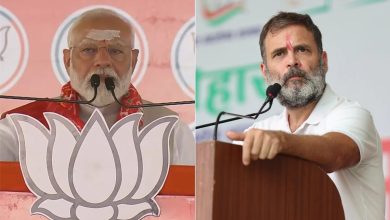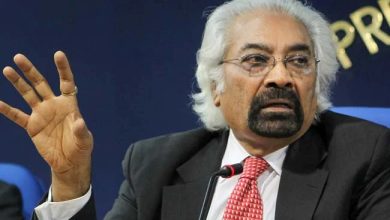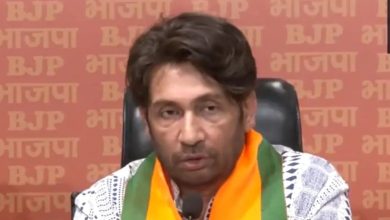Renaming ‘West Bengal’: Mamata Banerjee prepares her Bengali identity pitch for 2019

Many things changed in Indian politics post the 1990s. One of them was a rapid strengthening of regional parties and weakening of the Congress – the national party that defined the Centre in India for the first five decades of independent India. An outcome of that was the renaming of a number of Indian cities, with regionalised identity politics urging government to do away with the English names and adopt local language names instead. So “Bombay” gave way to “Mumbai”, “Madras” to “Chennai” and “Calcutta” to “Kolkata”.
That was then. Now as the Bharatiya Janata Party rises, another round of state identity politics is playing out. This includes the use of Tamil identity by the Dravida Munnetra Kazhagam, Odiya identity by the Biju Janat Dal, Kannada identity by the Karnataka Congress and Bengali identity by the Trinamool Congress.
Enter Bangla
It is part of this political gambit that has led to the latest rechristening. On Thursday, the West Bengal state assembly passed a unanimous resolution to change the name of the state to “Bangla”, already a popularly used name in the Bengali language. If and when this is approved by the Union government, the nearly seven-decade old name “West Bengal” – the cardinal direction denoting the effect of the 1947 Bengal partition – would be replaced by “Bangla” in all languages used by the state.
This the latest move by Chief Minister Mamata Banerjee to build up a politics around Bengali identity that the Trinamool hopes will at least to some extent undercut the BJP’s appeal to Hindu identity as it makes attempts to win half the Lok Sabha seats in the state in the upcoming General Elections.
BJP as an outsider
The Trinamool has been working on this plank for some time now. In May, 2017, it made the study of Bengali compulsory in all state government schools, imitating states in South India. This was opposed in Darjeeling and provided the catalyst for yet another agitation for statehood for the region’s Nepali-speaking Gorkhas. While Banerjee was quick to take back the order, her party actually benefitted politically from the Darjeeling statehood agitation, with the Bengali-language media backing her, given that any demand to divide West Bengal is anathema within mainstream politics in the state. In this, the Trinamool was helped by the fact that the BJP had been a long time supporter of statehood and in its 2014 election manifesto had promised that it would “sympathetically examine and appropriately consider the long-pending demands of the Gorkhas”.
As a result, BJP state chief Dilip Ghosh accused Banerjee of “trying to bring Bengali voters of all parties under its flag” by using the Darjeeling agitation.





